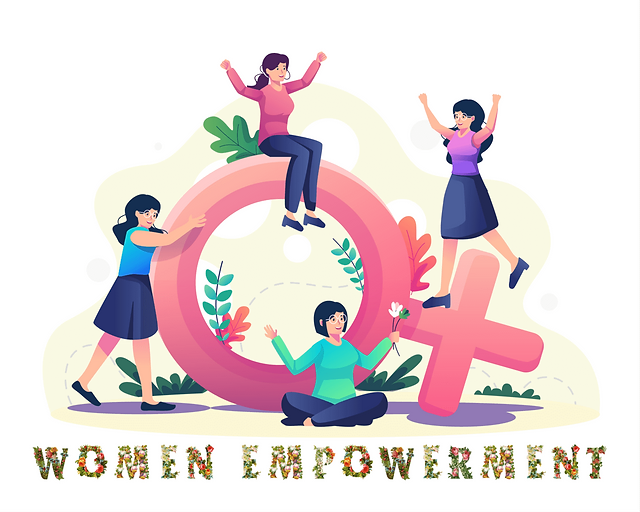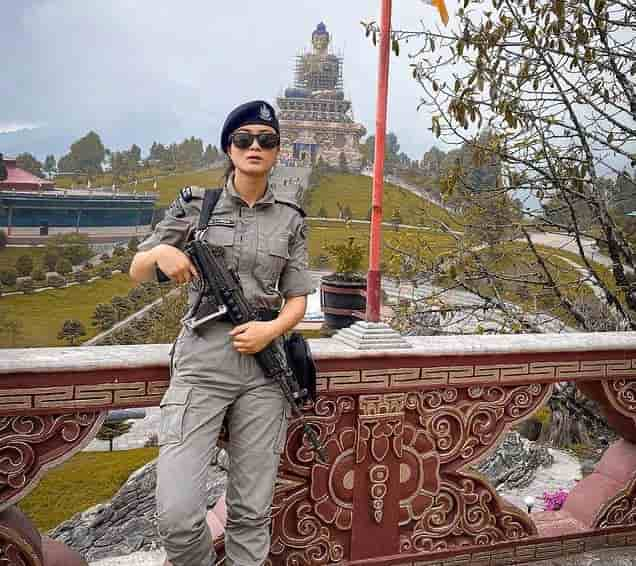
A revelation that spurred a campaign: Women's Empowerment

Once, Jawaharlal Nehru said, “The women must be awakened in order to awaken the populace. Once she moves, the family, the village, and the country relocate as well “. These statements are accurate because women’s rights must be equal to men’s before a nation can be considered developed. Women should stand up for their rights, and awareness campaigns should be held, because if they are treated equally in society and given equal rights, they will undoubtedly accomplish wonders.
Every year on March 8th, we observe International Women’s Day with the goal of remembering the accomplishments of women and recognizing the unique position they merit in society. What impact has it had on women’s status is a crucial issue. Have women truly gotten stronger, and have their enduring battles come to an end?
Undoubtedly, many people have interpreted women’s freedom incorrectly. Giving women more freedom is not the same as giving them better education, making them more physically and psychologically resilient. Women are becoming more aware of their obligations to their families, society, and nation as well as their health, education, careers, and jobs. They are participating in all areas and demonstrating a keen interest in each one.
After many years of arduous battle, they are now receiving their rights to move forward on the correct path. In India we mostly address our country by saying this Bharatmata but what a dilemma we faced it is the world’s fourth most dangerous country to live for a woman where women are rapped by a man every four minutes. In 2021 according to NCRB (National crime record Bureau) report 31677 rape cases were registered all over India. In a country like India where it took 12 years to give a justice case like Nirbhaya because of a delayed justice system.
In many parts of the state in India where rising girl child would be considered a sin and killed in her mother’s womb before birth. To truly strengthen women in India, it is necessary to eradicate the social ills that are destroying their rights and values, such as the dowry system, illiteracy, sexual harassment, inequality, domestic violence against women, rape, and prostitution. The government has made a number of actions to stop these abuses and to give women more power. Along with civil laws, there are also criminal laws against sati, inheritance, “eve teasing,” rape, and other crimes against women. The Indian government has designated 2001 as the “year of women’s emancipation” and January 24 as National Girl Child Day.
Giving women the same opportunities and power as males without any form of discrimination is known as women’s empowerment. According to Swami Vivekananda, “Countries and Nations which do not respect women have never become great nor will ever be in the future,” empowering women and remaking society as a result would put the country on a road to greater development.
Women are not treated harshly and are seen as having equal power to males in many places, but there are still some places where there is a lot of discrimination against women. Governments are making every effort to empower women, as evidenced by the fact that made reservations of seats in Lok sabha and Rajya sabha as well as village panchayat elections. However, the government cannot effect superior adjustments on its own. In order to strengthen women, people ought to work with the government. Women should have the freedom to choose their careers and receive an education.
Women today undoubtedly appreciate their freedom and rights more than ever. They worked hard to make it happen, as did the administration. However, we cannot claim that since women have achieved equality, they do not require strength. In underdeveloped regions like villages, women’s empowerment is still necessary. Some women are still unable to make decisions on their own and are thus compelled to carry out actions they do not desire.







